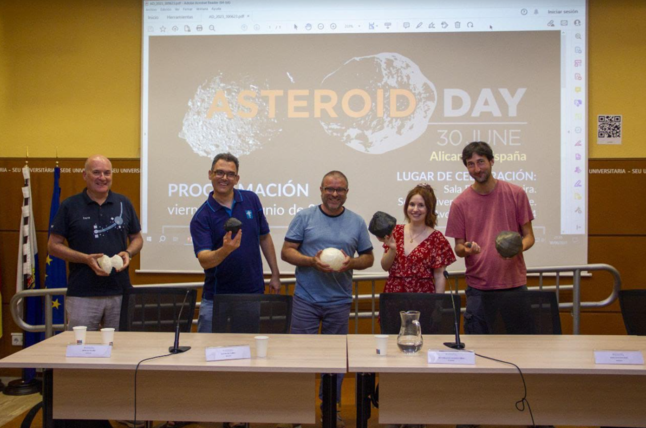“The Planetary Science section of the Astronomy and Astrophysics research group belongs to the Instituto de Física Aplicada a las Ciencias y las Tecnologías (IUFACyT) and to the Departamento de Física, Ingeniería de Sistemas y Teoría de la Señal (DFISTS), both at the University of Alicante”.
UA staff:
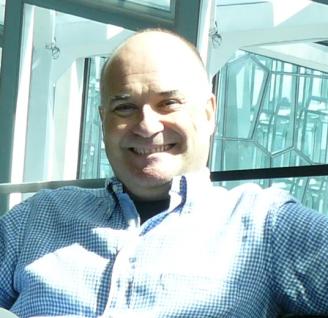
Adriano Campo Bagatin (Catedrático de Universidad)
Link to the personal information
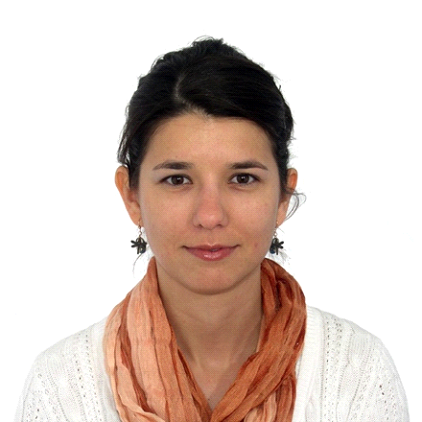
Paula Gabriela Benavidez Lozano (Profesora Contratada Doctora)
I’m currently Associate Professor at the Department of Physics, Systems Engineering and Signal Theory (DFISTS). My research is focussed on modelling collisional evolution of small body populations and in the utilization of numerical simulations applied to the study of asteroid fragmentation and formation of asteroid families. Currently I’m involved in NEOMAP project and HERA mission.
- Degree in Astronomy (2002) Universidad Nacional de San Juan (2002)
- PhD by Universidad de Alicante (2008)
- Assistant Professor at the Department of Physics, System Engineering and Signal Theory of the University of Alicante, since 2008.
- Associate Professor at the Department of Physics, System Engineering and Signal Theory of the University of Alicante, since 2016.
Papers published:
Link to the 17 papers published

Manuel Pérez Molina (UA staff. Profesor Titular UA)
Manuel Pérez Molina was born in Alicante in 1982. He studied
Telecommunication Engineering at Miguel Hernández University and completed
his PhD Thesis on Electromagnetic Optics in 2009 (with extraordinary award)
at the same university. In 2008 he became Assistant Professor at the
Department of Physics, System Engineering and Signal Theory of the
University of Alicante, where he has been working as Associate Professor
since 2017. His areas of research include Dynamics and Mathematical Methods
in the Electromagnetic Theory as well as Bifurcation Theory and Chaos.
Papers published:
Postdoc researchers:
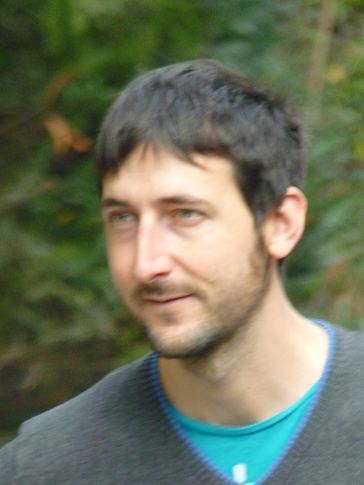
Toni Santana Ros (APOSTD. GV Researcher)
I am currently a post-doc for the Universidad de Alicante through grant APOSTD/2019/046 by Generalitat Valenciana. This grant allowed me to do an internship at the Gaia group of the Universitat de Barcelona (ICCUB-IEEC) where I am developing a tool to analyze asteroid photometry gathered by this space telescope.
Past projects:
PhD (2016), GREAT-ITN (FP7 Marie Curie programme, 264895)
Physical models of single and binary asteroids from photometric surveys: preparation of Gaia data scientific exploitation
Adam Mickiewicz University in Poznan (Poland)
GAIA-GOSA (2016), ESA Contract No. 400011266014/NL/CBi
http://www.gaiagosa.eu
POST-DOC IN SBNAF (2016-2018) (H2020-COMPET-2015)
http://sbnaf.eu/
EUROPEAN SPACE AGENCY (2018-2019)
NEO Test and Validation Engineer at the Planetary Defense Office of the European Space Agency (ESA), in Darmstadt (Germany).
Other projects:
- GAVIP-Grid Computing (ESA Contract No. 4000120180/17/NL/CBi)
- HARISSA lightcurve coordinator (Very Large Telescope, 4×8.2m, ESO)
- Gaia-DPAC CU9 member
- Polish national representative for Gaia outreach.
Papers published:
- Yang et al. In press, Binary asteroid (31) Euphrosyne: Ice-rich and nearly spherical
- Ortiz et al. In press, The size, shape, density and ring of the dwarf planet Haumea from a stellar occultation
- Ferrais et al. 2020, Asteroid (16) Psyche’s primordial shape: A possible Jacobi ellipsoid, Astronomy & Astrophysics, Volume 638, id.L15, 9 pp.
- Podlewska-Gaca et al. 2020, Physical parameters of selected Gaia mass asteroids, Astronomy & Astrophysics, Volume 638, id.A11, 23 pp.
- Gaia Collaboration et al. 2020, Gaia Data Release 2. Kinematics of globular clusters and dwarf galaxies around the Milky Way (Corrigendum), Astronomy & Astrophysics, Volume 637, id.C3, 4 pp.
- Marsset et al. 2020, The violent collisional history of aqueously evolved (2) Pallas, Nature Astronomy, Volume 4, p. 569-576
- Vernazza et al. 2020, A basin-free spherical shape as an outcome of a giant impact on asteroid Hygiea, Nature Astronomy, Volume 4, p. 136-141
- Hanus et al. 2020, (704) Interamnia: a transitional object between a dwarf planet and a typical irregular-shaped minor body, Astronomy & Astrophysics, Volume 633, id.A65, 17 pp.

Laura M. Parro (Postdoctoral researcher with the fellowship “Margarita Salas”.)
Postdoctoral researcher at the University of Alicante, working on the NEO-MAPP project. My research interests include surface geological processes, geophysical and geochemical characterization, internal structure, mapping and remote sensing techniques applied to planetary sciences, astrobiology, and the long-term evolution of terrestrial planets, satellites and small bodies of the Solar System. I am also interested in the development of science education and outreach activities.
- Degree in Geology (2013) – Complutense University of Madrid
- Master’s Degree in Geological Processes and Resources (2014)
- PhD in Geology (2020) – Complutense University of Madrid Listo of publications: https://publons.com/researcher/3345687/laura-m-parro/publications/
Twitter profile: @LauraMParro
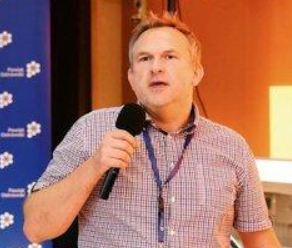
Przemyslaw Bartcza (Postdoctoral researcher with the fellowship “María Zambrano”)
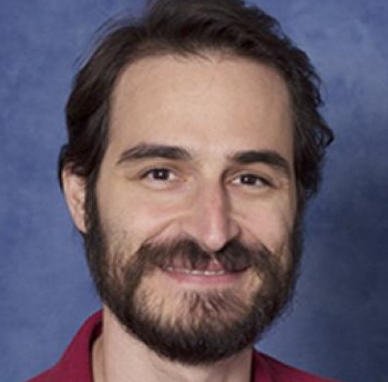
Stephen Schwartz (Postdoctoral researcher)
Collaborators:
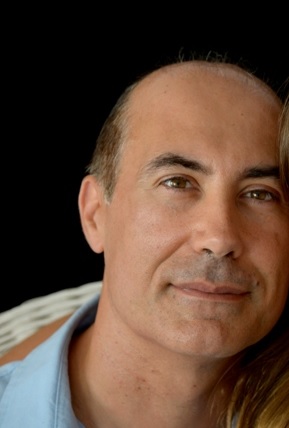
Rafael Andrés Alemañ Berenguer (Associate professor)
- Degree in Chemistry (Biochemistry), Univ. de Valencia, Spain
- Degree in Physics (Fundamental), Univ. de Nacional de Educación a Distancia (UNED)
- Diploma de Estudios Avanzados (DEA) on Materials Science, Univ. Miguel Hernández de Elche (Alicante)
- Doctor in Science and Physical Techniques, Univ. de Alicante.
Papers published:
- Gravitational re-accumulation as the origin of most contact binaries and other small body shapes
- Internal structure of asteroid gravitational aggregates
- The shapes of fragments from catastrophic disruption events: Effects of target shape and impact speed
- Statistics of encounters in the trans-Neptunian region
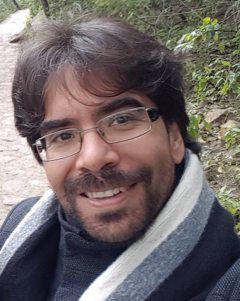
Álvaro Álvarez Candal
I work with photometric and spectroscopic observations of minor bodies, especially TNOs, interested on their surface properties and what they can tell us about they origin and evolution of the Solar System.
- Degree in Astronomy (2002) National University of Córdoba, Argentina
- Ph.D. in Astronomy (2006) National Observatory of Rio de Janeiro, Brazil
- Post-doctoral fellow (2007-2008), European Space Agency / LESIA, Paris Observatory, France
- Post-doctoral fellow (2009-2013), European Southern Observatory, Chile
- Researcher (2013-) National Observatory of Rio de Janeiro, Brazil (on unpaid leave)
- Distinguished Doctor (2020-) IUFACyT, University of Alicante, Spain
Ph.D. students:
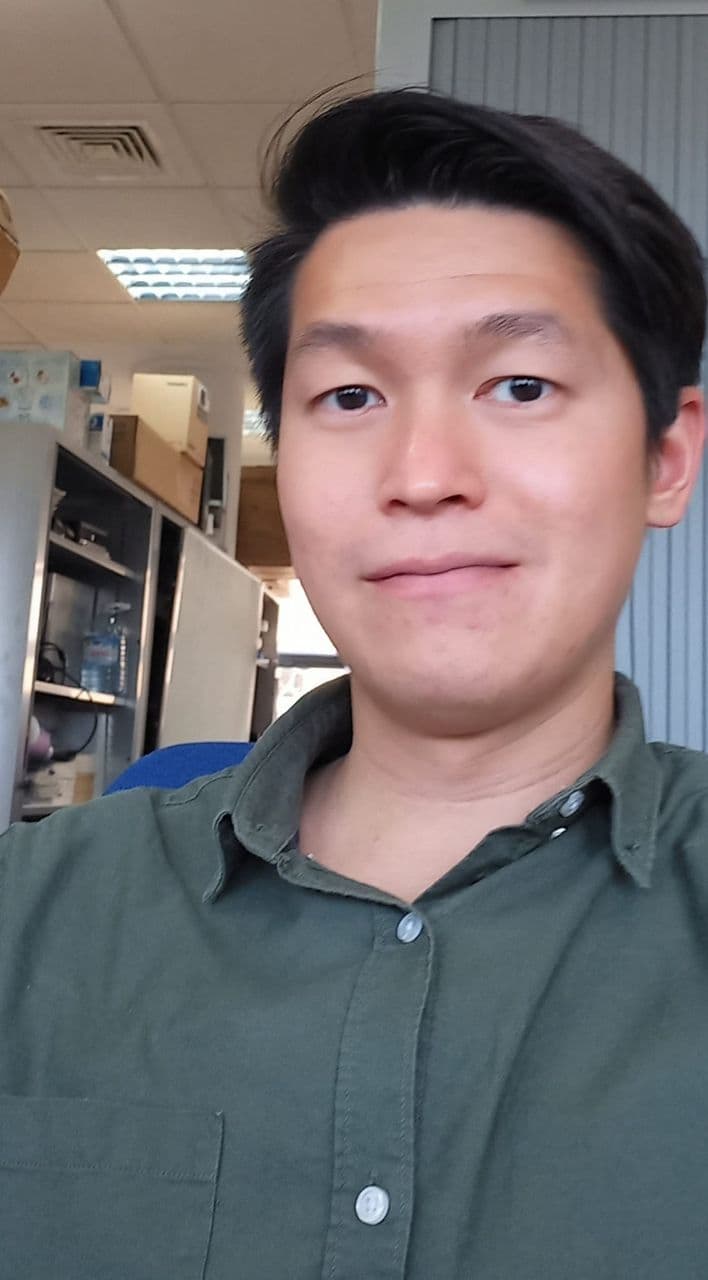
Po-Yen Liu (Hired pre-doc OSIP/ESA)
I’m currently a Ph.D. student of the University Institute of Physics Applied to Sciences and Technologies (IUFACyT) at the University of Alicante. I have a great passion for the dynamical behaviors of various small body populations in the solar system.
My current research is about the numerical simulations of the dynamical evolution of disrupted asteroid binary systems, which is based on the upcoming ESA space mission Hera.
- Bachelor of Laws (2013). Department of Public Security, Central Police University, Taiwan.
- Master of Science (2018). Graduate Institute of Astronomy, National Central University, Taiwan.
Recent articles published: An Investigation on the Origin of Centaurs’ Color–Inclination Relation
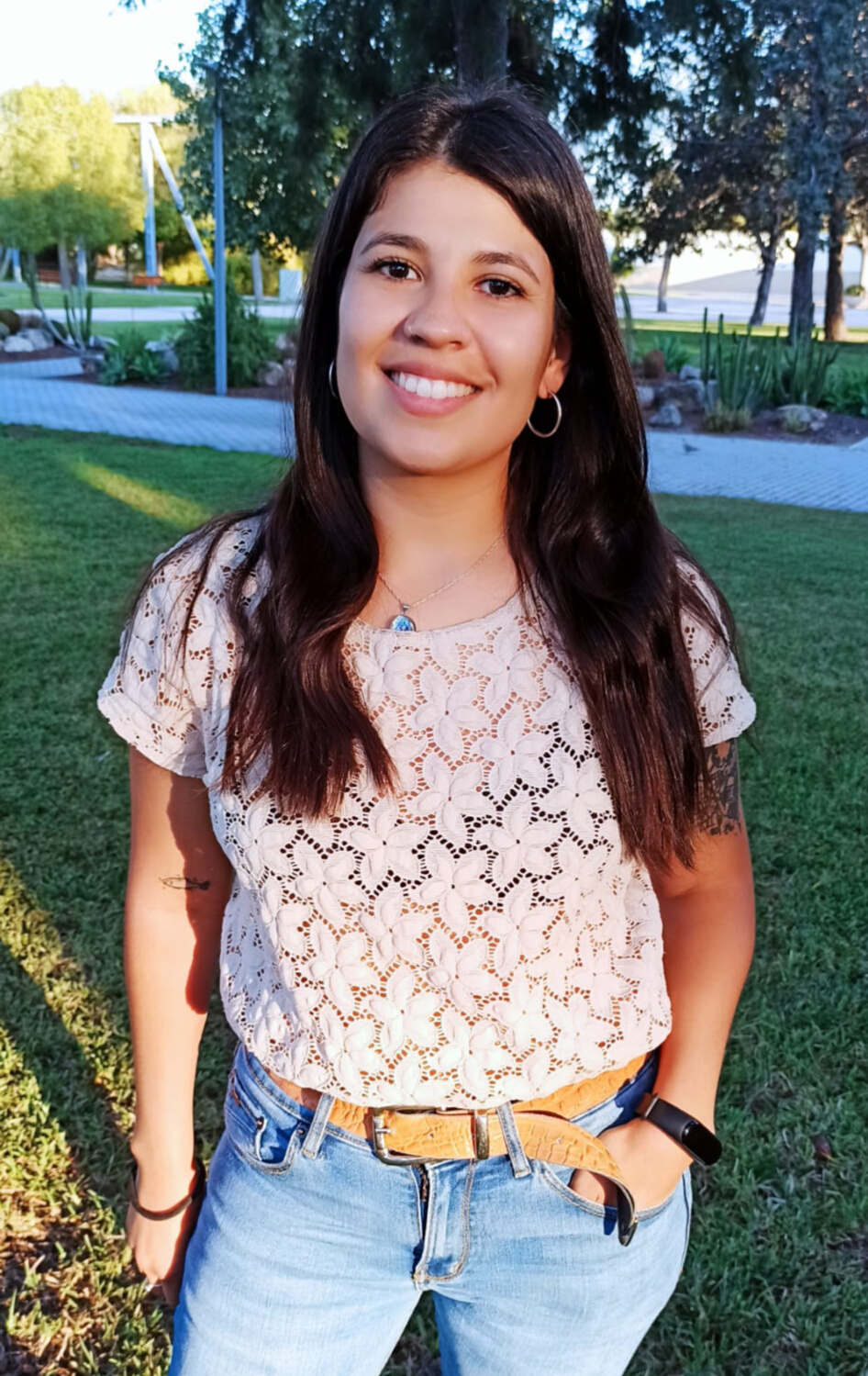
Nair Trógolo (NEO-MAPP project)
I obtained a Bachelor’s Degree in Astronomy at the Universidad Nacional de Córdoba, Argentina (2019). Currently, I am a PhD. student at the Instituto de Física Aplicada a las Ciencias y a las Tecnologías within the framework of th NEO-MAPP project. My work focuses on the study of the dynamics and spatial density of regolith that emerges from the surface of the binary asteroid (65803) Didymos. This asteroid is the target of the future DART (NASA) and Hera (ESA) missions. Other areas of interest are, on the one hand, the study of asteroid families, their evolutions by gravitational effects (mean medium resonances and secular resonances), and by the Yarkovsky effect; on the other, the study of tidal evolution of circumbinary planets. In addition, I have an active role in the popularization of science.
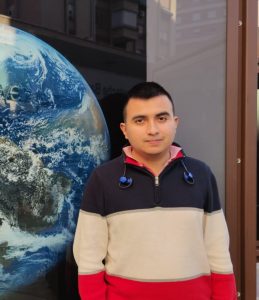
Jose David Balseca Cisneros
I am a technician in the Consolidado Project for the search of faint and slow objets in the University of Alicante (UA) in collaboration with Instituto de Astrofísica de Andalucia (IAA). In addition I´ll start as Ph.D. student of the University Institute of Physics Applied to Sciences and Technologies (IUFACyT) at the University of Alicante.
- Degree in Physics (2021), University of Murcia.
- Master in Physics and Mathematics with the speciality in Astrophysics (2022), University of Granada.
Erasmus students:
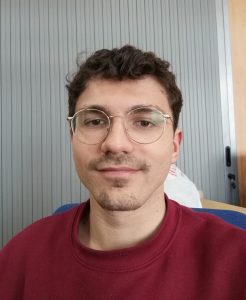
Vasco Serra Cardoso
I´m a master´s student at the Physics Department of the University of Coimbra (Portugal). At the moment, I´m in the Erasmus program working with the Planetary Sciences team of the University of Alicante. The evolution of small bodies populations in the Solar System is a great interest to me.
Currently, I´m working with the development of a numerical model for the collisional evolution of the Jupiter Trojans.
- Bachelor´s degree in Physics (2021). Physics Department, University of Coimbra.
Visitors:
Dr. Humberto Campins (University of Florida, USA)
Prof. Gonzalo Tancredi (Universidad de la República. Montevideo, Uruguay)
Prof. Mario Melita (Universidad de LaPlata. Argentina)
Dr. Javier Licandro Gordaracena (Instituto de Astrofísica de Canarias. La Laguna, TF,Spain)
Dr. Rene Duffard (Instituto de Astrofísica de Andalucia. Granda, Spain)
Dr. Jean-Baptiste Vincent (DLR. Germany)
